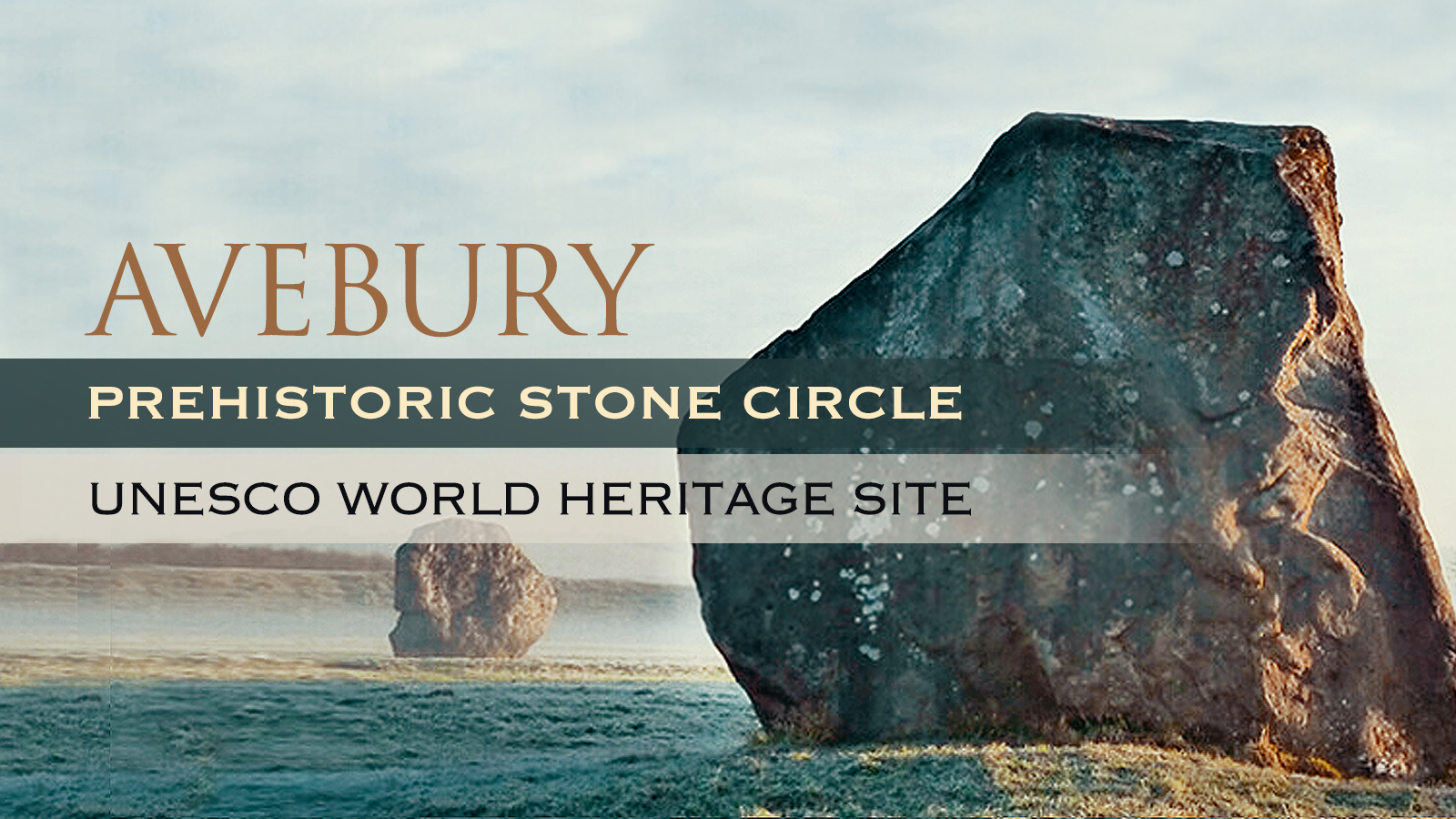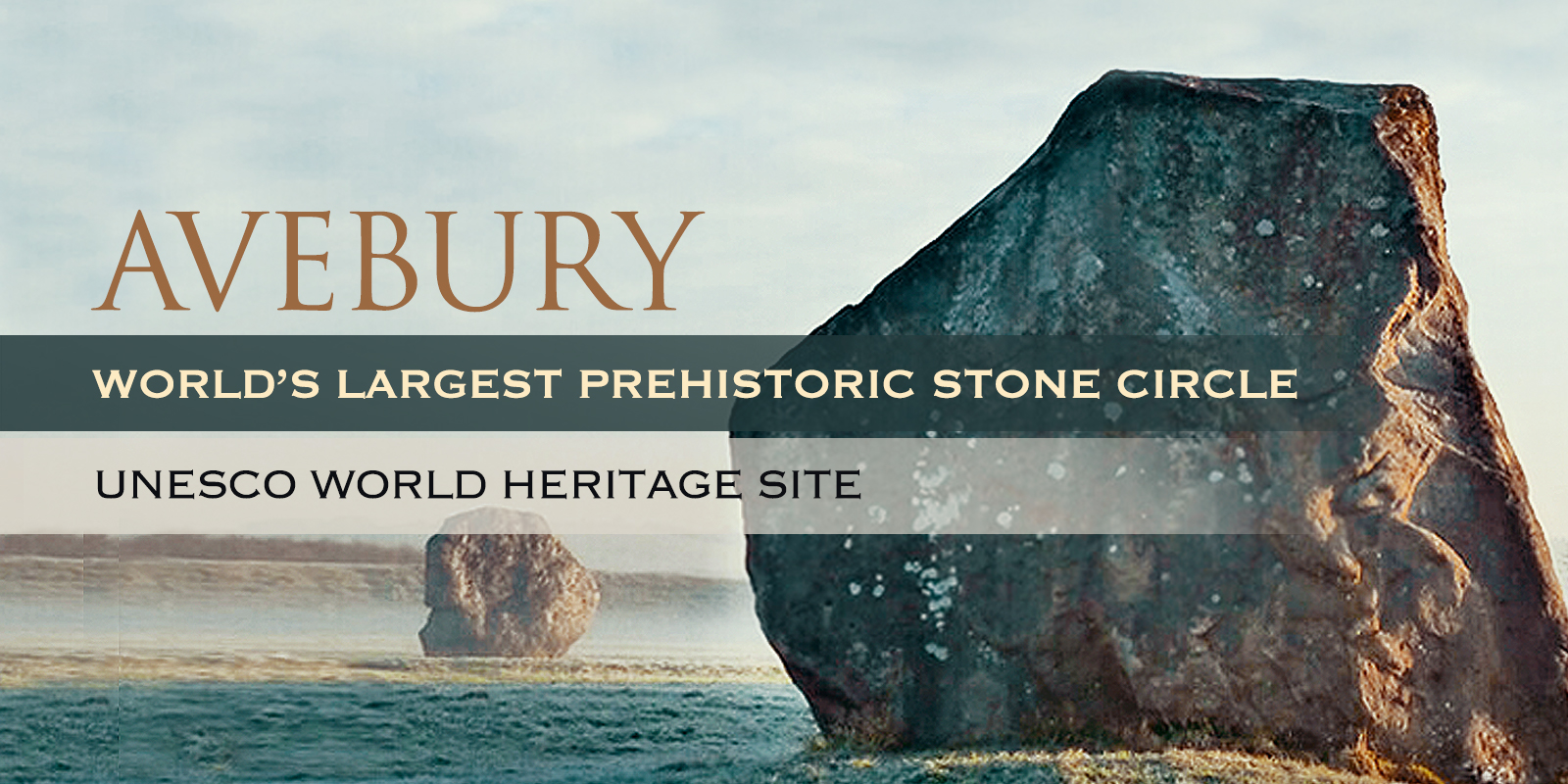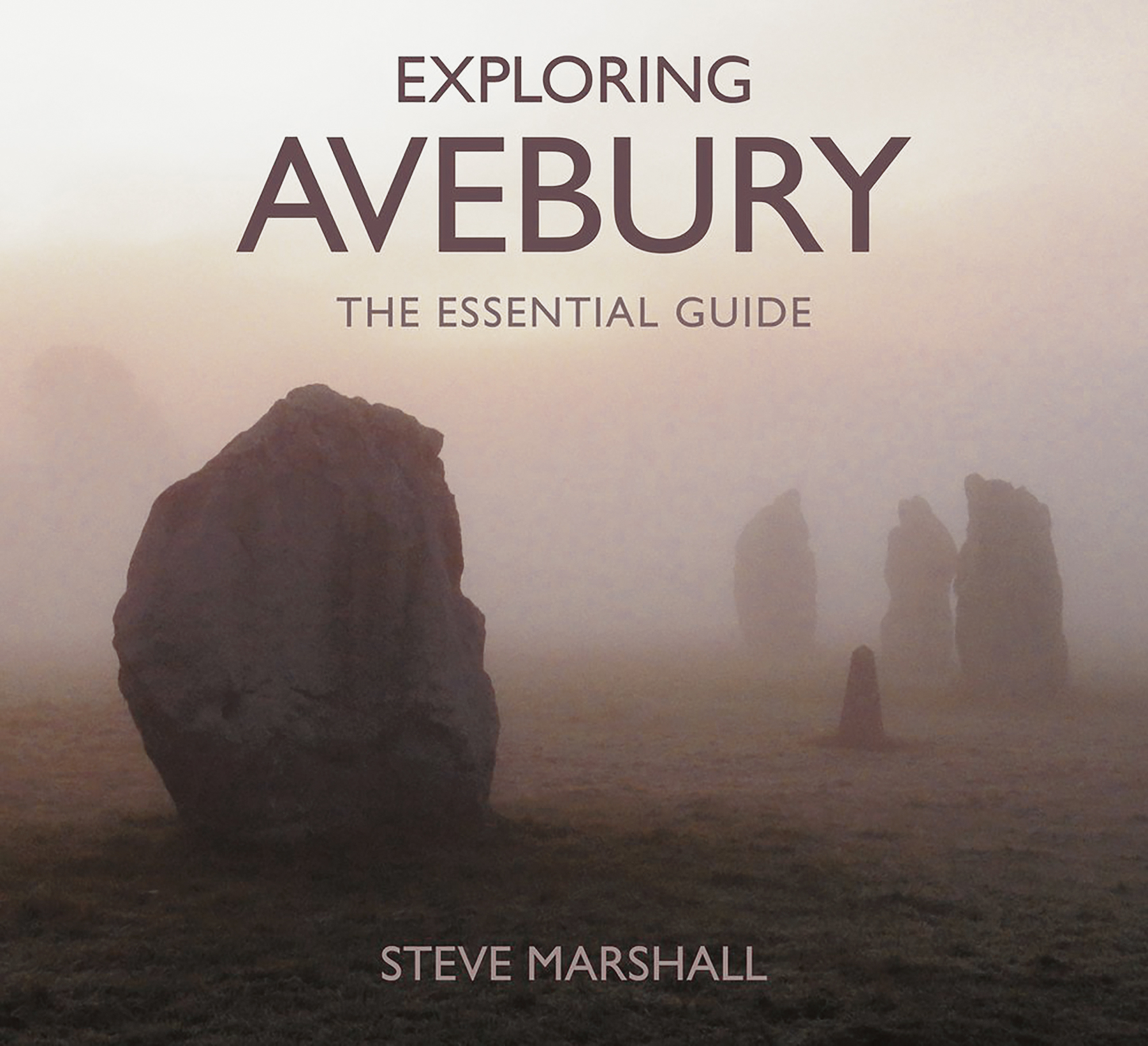


More than a million people visit Stonehenge each year, yet most are unaware that Avebury, Wiltshire’s best kept secret, is only twenty miles away. A quarter of a mile across, the enormous Avebury henge encircles a village, with shops and a pub! There are no queues, no entry fee, and visitors can touch the stones. But there is far more to Avebury than this. The world's biggest stone circle is just one element of a Neolithic 'monumental landscape' that ranges over many miles of rolling downland.
Steve Marshall's new book Exploring Avebury: The Essential Guide - leads us on a journey of discovery through the Avebury landscape and several millennia of human activity. We explore the Avebury henge, with its stone avenues that were once miles long; Silbury, a colossal man-made hill; the stone chambers of the West Kennet long barrow that date from 3670 BC, and more. The book is illustrated with hundreds of beautiful photographs and diagrams.
To the Neolithic people who built these incredible structures, the Avebury area was likely a sacred landscape, where the natural features between the monuments were as important as the monuments themselves. Exploring Avebury details the crucial importance of water - the rivers and springs that animate Avebury's landscape. Today, the Avebury rivers are constrained in narrow, man-made channels, artificially routed far from where they would naturally flow. In times of high rainfall though, nature takes charge and the ancient rivers return. Hundreds of metres wide, they flood vast areas of the lowest ground, just as they did in prehistory. Silbury Hill is surrounded by an immense, moat-like ditch that fills with water each winter, when the water table rises and springs begin to flow from its sides.
Avebury’s most impressive structures are no longer visible, though ghostlike traces of them occasionally appear as cropmarks. The mysterious West Kennet palisaded enclosures were constructed around 2500 BC, when some 2,000 mature oak tree trunks were set into the ground, tightly spaced to form continuous walls of timber. By the River Kennet were two vast timber enclosures. The largest was kidney-shaped and as wide as the Avebury henge; its partner was a double-concentric ring that straddled the river, with a spring at its centre. Within these were smaller, complex structures, and further straight lines of posts that extended for half a mile into the landscape. The purpose of the enclosures is not known, but the vast amounts of pig bone found there indicate that there was large-scale feasting.
Avebury is situated about 90 miles west of London and 30 miles east of Bath. For more information see the Exploring Avebury website: www.exploringavebury.com
Author and photographer Steve Marshall lived close to Avebury for ten years. As an independent researcher, he is a member of the Avebury and Stonehenge Archaeological and Historical Research Group. He writes regularly for Fortean Times and other magazines and has just completed a guide to the standing stones of the British Isles. A professional musician and composer for thirty years, he worked for a time as a composer in the BBC Radiophonic Workshop.
→ Subscribe free to the Bradshaw Foundation YouTube Channel
→ British Isles Prehistory Archive
→ British Isles Introduction
→ Stonehenge
→ Avebury
→ Kilmartin Valley
→ The Rock Art of Northumberland
→ Rock Art on the Gower Peninsula
→ New rock art discoveries in the Peak District National Park
→ Painting the Past
→ Church Hole - Creswell Crags
→ Signalling and Performance
→ Cups and Cairns
→ Ynys Môn, North Wales
→ Bryn Celli Ddu
→ Remembering Stan Beckensall
→ The Prehistory of the Mendip Hills
→ The Red Lady of Paviland
→ Megaliths of the British Isles
→ Stone Age Mammoth Abattoir
→ Bradshaw Foundation
→ Rock Art Network







































